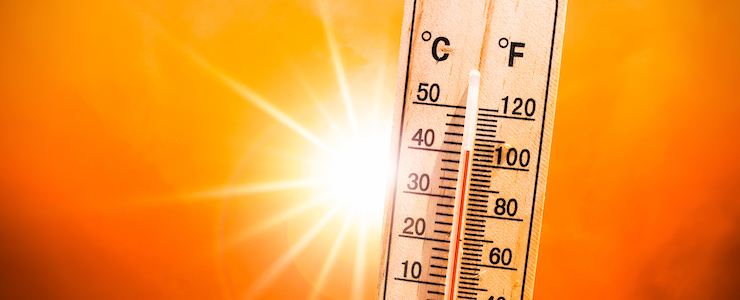From the Developmental Disabilities Administration and the Department of Health
Cooling centers are a key resource in protecting people from heat-related illnesses and other complications caused by hot weather. Many regional cooling centers will be set up across the state and are free to the public during heat events. Dial 2-1-1 or use the statewide online resource here to find cooling centers near you. Please call 7-1-1 before dialing 2-1-1 for TYY services. Language assistance is available.
Other key recommendations for heat safety include:
- Stay indoors and in an air-conditioned environment as much as possible.
- Keep your home cool by closing windows and shades during daylight hours. Use your stove and oven less to keep temperatures cooler inside.
- Check on your friends, family, and neighbors before bedtime. Assist those who are vulnerable or at higher risk, neighbors who are elderly, ill or may need help.
- Stay hydrated. Drink plenty of non-alcoholic fluids but don’t wait until you’re thirsty to drink.
- Keep outdoor pets safe in the heat and ensure they are protected from heat. Walk on grass instead of asphalt, which can burn your pet’s paws. Never leave people or pets in a parked vehicle.
- Take frequent breaks when working outdoors. Wear wide-brimmed hats, and light-colored, loose-fitting clothing and protect your skin from sunburn.
- Do not rely on a fan as your only cooling source. While electric fans might provide some comfort, they won’t prevent heat-related illness when temperatures are very hot.
- If you notice symptoms of heat illness (dizziness, nausea, headaches, muscle cramps), act immediately. Move to a cooler location to rest for a few minutes and seek medical attention immediately if you do not feel better.
- Avoid extreme temperature changes. Warm temperatures do not necessarily mean warm water. Rivers and lakes are still very cold this time of year, and jumping into cold open water can result in shock, arrhythmias and drowning. Cold showers combined with hot body temperatures can cause hypothermia, especially for elders and children. Ease into temperature changes.
- Follow water safety tips if you go swimming or boating. Remember swimming in open water is very different from swimming in a pool. Make sure to wear a life jacket that fits you.
- Check for restrictions or warnings in your area before lighting outdoor fires. High temperatures and dry conditions increase wildfire risk.
- Read the Centers for Disease Control and Prevention’s list of frequently asked questions.
Safety Resources
Summer activities are typically spent outdoors or in the water! Safety is an important topic for individuals and caregivers. The Washington State Developmental Disability Administration has put together informational bulletins for caregivers for summer safety.
Dehydration Caregiver Bulletin
Heat Safety Caregiver Bulletin






